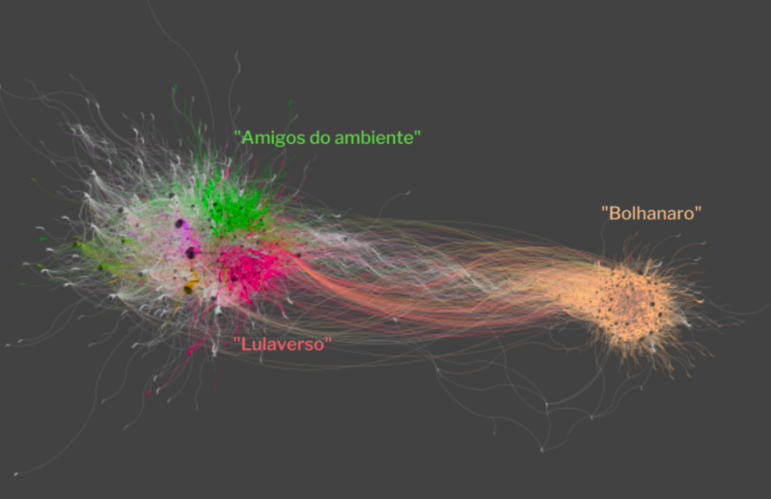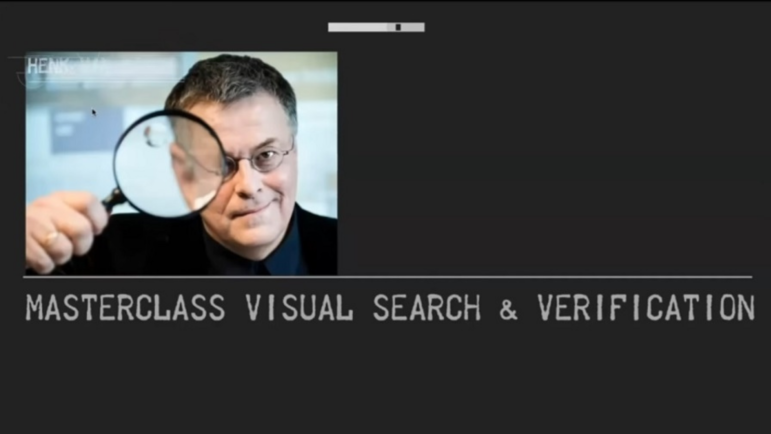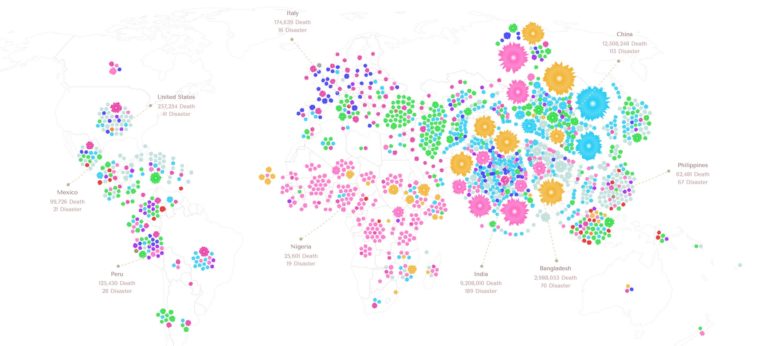
Case Studies
Google News Initiative Grants in Africa and the Middle East Yield Mixed Results
A study found many Google News Initiative projects in Middle East and Africa struggle to become more than makeshift versions of the original idea.

A study found many Google News Initiative projects in Middle East and Africa struggle to become more than makeshift versions of the original idea.

This week’s most popular data journalism stories on Twitter include how Google ads fuel disinformation, an analysis of the online bubble of pro-Bolsonaro tweets, what marriages tell us about Russian mobilization numbers, and a timeline of the Itaewon crowd crush tragedy.
We need to talk about Google! The world’s most popular search engine tries to please as many people as possible. But for journalists, the quality of results has rapidly declined. What is the issue and what can investigators do about it? GIJN is pleased to announce a hands-on session with search guru Henk van Ess, […]

In this excerpt from Anya Schiffrin’s latest report on the state of sustainability of journalism, the author discusses how government funding can throw the profession a lifeline in an era where philanthropic efforts to support the press are struggling and Big Tech is increasingly seen as a competitor instead of a platform for news organizations.

In a recent GIJN webinar, open source reporting expert Henk van Ess shared several online search tricks. But he explains that these work-arounds are merely tools for a new approach to online research that he calls “thinking visual,” which invites reporters to think of keywords like a search engine, rather than a person.

A new report maps ambitious COVID-era efforts around the world to save journalism, including ideas from the United States, South Africa, Denmark, and Singapore.

Have you ever noticed how your Google search results now appear with boxes of information extracted from the websites by the search engine? Our NodeXL #ddj mapping from November 9 to 15 found The Markup’s new “Simple Search” browser extension, which allows you to view the best results in the “traditional” Google search format. We also discovered a visualization of the connection between members of the ruling British Conservative Party and COVID-19 contracts, InfoAmazonia’s investigation into mining requests in protected Indigenous land in the Amazon, and German daily Der Tagesspiegel showing that the American private equity group Blackstone is a major private property owner in the German capital, Berlin.

For this week’s Friday 5, where GIJN rounds up interesting journalism news in English from around the world, we read about Glenn Greenwald’s resignation from The Intercept, a data journalism collaboration on COVID-19 data which reaches across eight newsrooms, and Bellingcat’s already excellent, and now updated, Online Investigation Toolkit.

For this week’s Friday 5, where GIJN rounds up key reads from around the world, we found a ready-for-prime-time study on financial crimes in the US art market, how misinformation actors are weaponizing the Wayback Machine, and Google’s not-so-altruistic $1 billion for publishers.

Across the data science community, knowledge graphs have become a growing phenomenon in recent years, driving many applications including virtual assistants like Siri and Alexa. Friedrich Lindenberg, from the Organized Crime and Corruption Reporting Project, writes about how its data platform Aleph makes use of knowledge graphs to help investigative reporters analyze and cross-reference data.